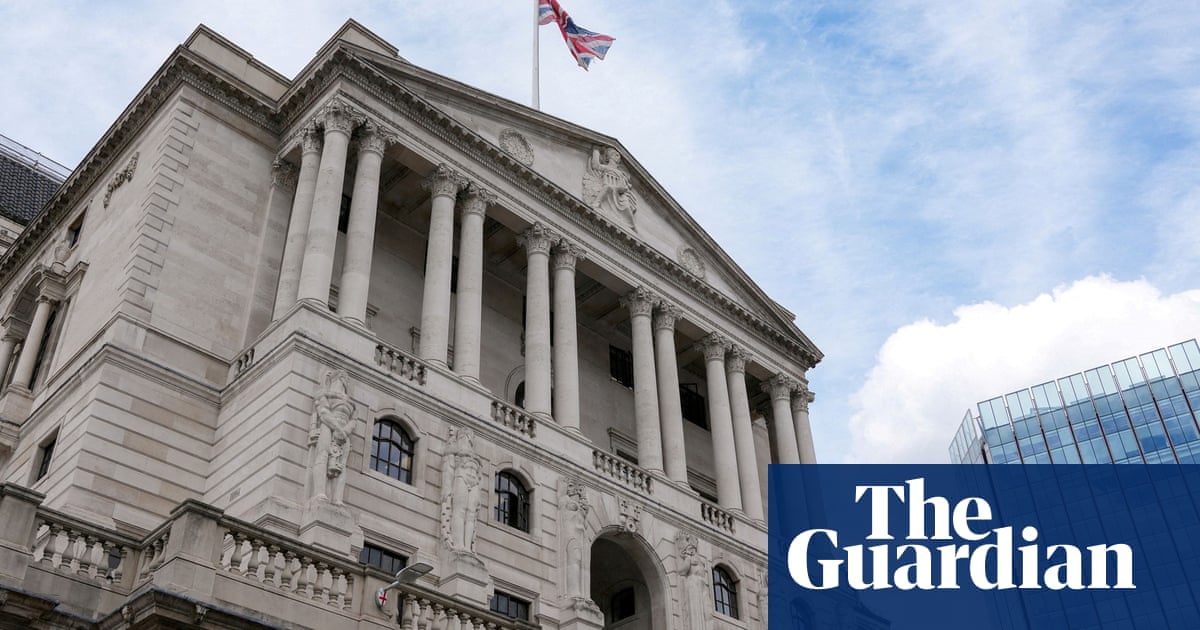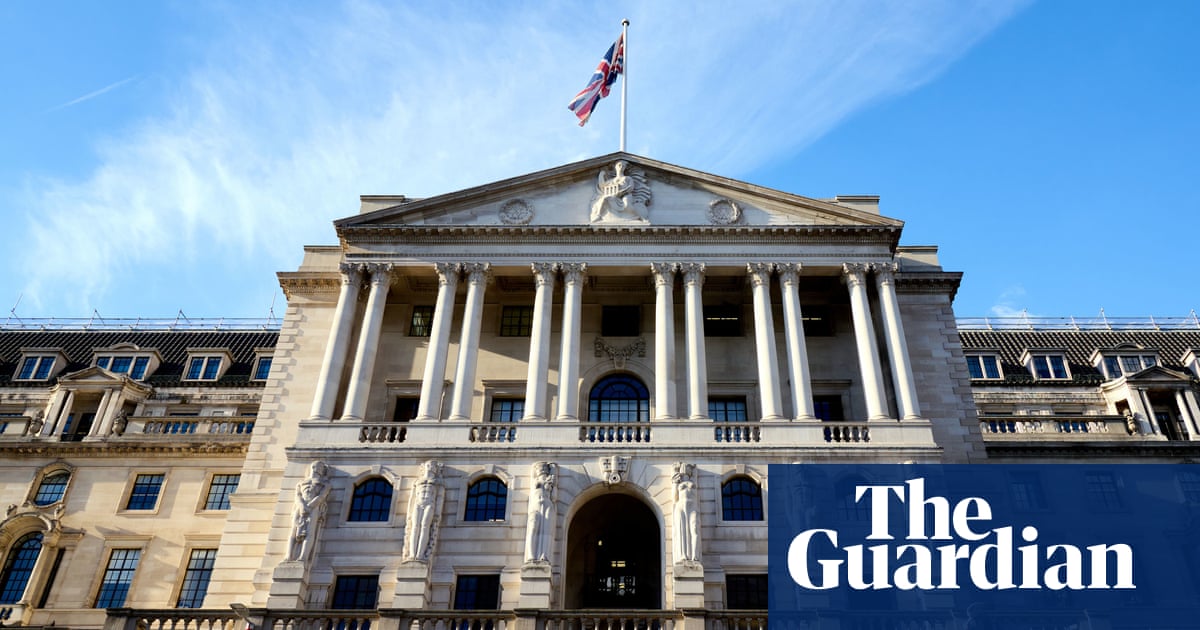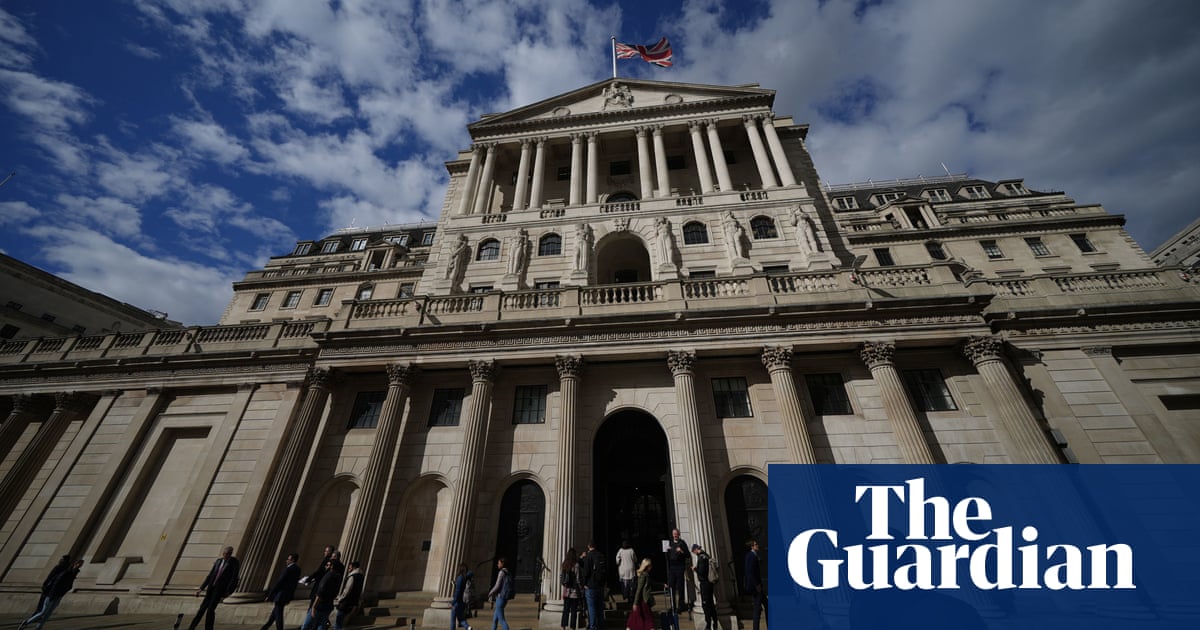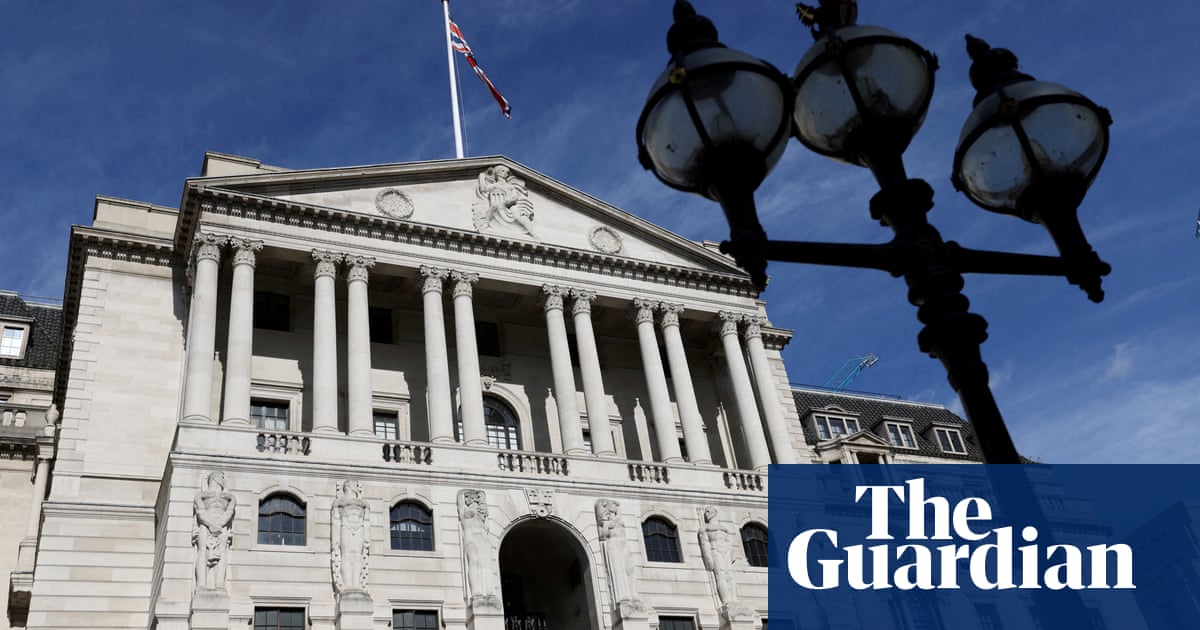
The Bank of England has raised interest rates by a quarter of a point to 4.5% as it forecast inflation would stay higher for longer than previously expected and the economy would perform more strongly.
Its monetary policy committee (MPC) voted by a majority for a 12th successive increase in borrowing costs, continuing its most aggressive rate-hiking cycle since the 1980s as it tries to dampen double-digit UK inflation.
The central bank’s key base rate is now at its highest level since 2008, when the global economy was in the grip of the financial crisis.
Threadneedle Street said UK inflation was expected to stay higher for longer than previously forecast, with the measure of annual price rises on course to remain above the Bank’s target of 2% until after the next election.
The rate has been stubbornly high in recent months, after falling by less than expected in March to stand at 10.1% – the highest in the G7 group of wealthy nations.
The Bank now expects inflation at the end of the year to be above 5%, compared with its below-4% forecast in February. It adjusted the prediction because of high food prices, which are increasing at their fastest annual pace since 1977, and a resilient jobs market.
“Let me be clear, inflation remains too high,” the Bank of England governor, Andrew Bailey, told a press conference after Thursday’s announcement. “We have to stay the course to make sure inflation falls all the way back to the 2% target.
“We are acutely aware of how difficult this rise in food prices is for people and especially for those people on lower incomes. We do see that food price inflation will start to slow.”
With the Bank warning of a significant risk of inflation remaining persistently high, any further deterioration in the outlook could mean Rishi Sunak misses his target to halve the rate by the end of this year.
Rachel Reeves, the shadow chancellor, said the rate rise would add to the financial pressure on households: “The prime minister should take his fingers out of his ears and admit his personal responsibility for a Tory mortgage crisis leaving so many worse off.”
The Treasury said it had summoned supermarket representatives to a meeting in Downing Street on Thursday regarding food prices, and would “engage” with the industry on the impact on consumers.
“The government understands the concern among the British public about the current level of food prices and their impact on household budgets, which is why halving inflation this year is a top priority,” it said.
The Bank suggested high inflation was persisting in part because of companies pushing up prices to protect profit margins, and said inflation in food and energy was likely to come down more slowly than it had risen.
It comes as trade union leaders and consumer groups have accused companies of “greedflation” – using the cover of high inflation to push up prices more than necessary – and said such profiteering risks becoming entrenched in the British economy.
The Bank said its network of agents across the country had found that falling costs at some companies were “not automatically being passed through to consumer prices in an attempt to rebuild [profit] margins”.
It added that the UK economy was now on course to avoid a recession this year despite intense pressure on households from the largest annual rise in living costs in 40 years.
With consumer spending holding up better than expected, the MPC said business confidence was also improving – helped by a sharp decline in wholesale energy prices over recent months and government support announced at the budget in March. The UK economy would also feel little impact from recent turbulence in the US banking sector after the collapse of three medium-sized banks in as many months.
The Bank of England had been warning in the autumn that the UK economy was heading for its longest recession on record, forecasting eight quarters of falling gross domestic product.
On Thursday, the Bank revised that prediction up with its largest ever growth upgrade, but the new forecast still only puts gross domestic product on track to rise by just 0.25% this year, and by 0.75% in each of the next two years – the weakest annual growth rates outside a recession for the postwar era.
“It’s a very big upward revision, but … it’s still weak, let’s be honest,” Bailey said.
Seven of the nine members of the MPC – including the governor – voted for the rate increase. It comes after the US Federal Reserve raised its benchmark rate by a quarter-point to a range of 5% to 5.25% last week. The European Central Bank also raised its key interest rate by a quarter-point to 3.25%.
However, two members – Swati Dhingra and Silvana Tenreyro – voted to hold rates at 4.25%, warning that the full impact of previous increases were yet to be felt by households and businesses.
Rising rates mean higher monthly payments for the 1.3 million households expected to reach the end of fixed-rate mortgages before the end of this year, and the millions more coming to the end of fixed deals next year.
Bailey told reporters that the Bank’s chief economist, Huw Pill, was wrong to make controversial comments suggesting British households “need to accept” they are worse off.
“I don’t think Huw’s choice of words was the right one … I think he would agree with me,” he said. “We are very aware of the effect this inflation is having on households. If we don’t tackle inflation it’ll be worse for people. That’s the bottom line of it.”












